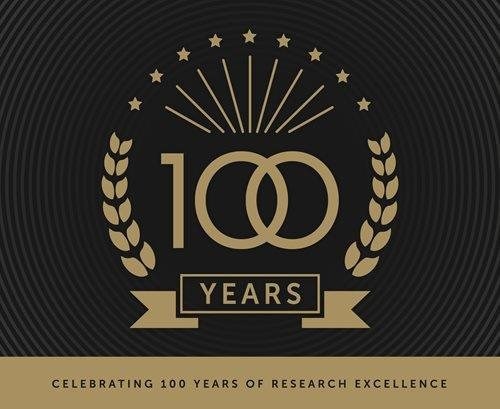OPO is the research journal of The College of Optometrists. It is read and cited around the world, and helps clinicians and educators stay up to date with the latest research findings on the development, use and restoration of vision.
2025 marks 100 years of OPO. Keep an eye on this page for updates on our centenary celebrations throughout the year.

OPO is published six times a year. Here are some highlights from the January 2025 issue of OPO.
Rosenfield 2024
2025 marks the 100th anniversary of OPO. Over the past century, the journal has transformed from a UK-centred, sporadic print publication to an online, international publication getting hundreds of thousands of views each year.
To celebrate OPO’s centenary, several articles and editorials will be featured in the OPO throughout the year, with a unique 100th anniversary cover and a number of special events hosted by The College of Optometrists.
Huang-Lung et al. 2024
This qualitative study investigates the perspectives of patient barriers and facilitators to accessing primary diabetes eye care in a metropolitan area in Australia. With the possibility of diabetic retinopathy presenting asymptomatically, primary health practitioners are key in raising patient awareness of the importance of routine eye examinations.
Anderson et al. 2024
No difference was observed in objectively measured accommodative amplitude between individuals classified with accommodative insufficiency based on subjective testing compared to those classified with age-normal amplitudes. It is possible that factors aside from accommodative ability may contribute to lower subjective amplitude findings in individuals meeting the criterion for AI.
Full College members can access issues of OPO, browse previous articles, and search for a particular topic or keyword on the publisher’s website, Wiley Online Library (WOL).
Find out how to make a submission to OPO.